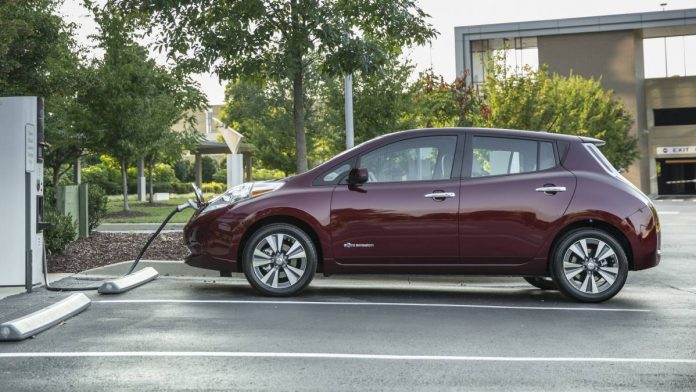The automotive industry is undergoing a notable shift towards electric vehicles (EVs), driven by the growing environmental awareness among consumers and advancements in EV technology. In the midst of this transformation, a fascinating market segment is emerging: used EVs. Within this expanding market, car dealerships encounter both unique opportunities and challenges. This article delves into these dynamics, offering valuable insights and strategic approaches to help dealerships navigate the used EV market successfully.
The Rise of the Used EV Market
The market for used EVs is growing rapidly, driven by the increasing availability of pre-owned EVs as early adopters upgrade to newer models. Car dealerships see this trend as a promising opportunity. Used EVs appeal to a wide range of consumers, from budget-conscious buyers seeking affordable entry into the world of EV ownership to environmentally-conscious individuals in search of sustainable transportation options. By offering used EVs, dealerships can tap into this diverse customer base and expand their market reach.
Challenges in the Used EV Market
The used EV market holds great potential, but it also brings forth unique challenges, particularly when it comes to the lifespan of batteries. Concerns surrounding battery longevity and performance often arise among consumers considering used EVs. Failure to effectively address these concerns can impede sales and customer satisfaction.
Overcoming Battery Lifespan Concerns
To ease customer concerns regarding battery lifespan, dealerships should adopt a proactive approach. This includes transparently providing information about the battery’s condition and its expected lifespan. Furthermore, dealerships can offer warranties or guarantees on used EV batteries to provide reassurance to customers. Additionally, educating customers about proper battery maintenance can enhance their confidence in purchasing a used EV.
Broadening the Customer Base with Used EVs
Dealerships can expand their customer base by offering used EVs. These vehicles appeal to environmentally-conscious consumers due to their low carbon footprint, while budget-conscious buyers appreciate the lower upfront costs compared to new ones. By positioning themselves as providers of sustainable and affordable transportation solutions, dealerships have the opportunity to improve their brand image and foster customer loyalty.
Limited Charging Infrastructure
Concerns regarding the availability and accessibility of EV charging stations often trouble prospective buyers, especially in areas where this infrastructure is still under development. Such perceived inconveniences can discourage customers from purchasing pre-owned EVs, fearing the practicality of charging their vehicles during long journeys or in remote locations.
Technological Obsolescence
EVs, unlike traditional vehicles, present a unique challenge when it comes to inspection. Their specialized components, such as batteries and electric drive units, require specific knowledge for proper assessment. Unfortunately, the absence of standardized inspection procedures adds to the difficulty faced by dealerships in accurately determining the condition and value of used EVs. This lack of certainty can have repercussions on pricing used EVs competitively and assuring customers of their quality.
Overcoming Challenges in the Used EV Market
In order to overcome these challenges, dealerships must embrace a proactive and knowledgeable approach. This encompasses the provision of transparent information regarding the battery’s condition and expected lifespan, the establishment of standardized inspection procedures for pre-owned EVs, advocacy for improved charging infrastructure and educating customers about the long-term value and benefits of electric vehicles amidst rapid technological advancements.
Potential Benefits of the Used EV Market
- Expanded Customer Base: Used EVs are attracting a wide range of consumers, which allows dealerships to expand their reach in the market.
- Increased Profit Margins: EVs often yield higher profit margins in comparison to new EVs. This is primarily attributed to their lower acquisition costs.
- Enhanced Brand Image: Dealerships can improve their brand image and attract environmentally-conscious consumers by providing sustainable transportation solutions.
- Customer Loyalty: Providing exceptional service and education to buyers of used electric vehicles can nurture customer loyalty and promote repeat business.
Conclusion
The used electric vehicle (EV) market offers a compelling opportunity for car dealerships to expand their customer base and meet the growing demand for sustainable transportation. By understanding and effectively addressing the unique challenges of this market, particularly regarding battery lifespan concerns, dealerships can unlock the full potential of selling used EVs. As the automotive industry continues to evolve towards electrification, dealerships that adapt and innovate will position themselves for success.



